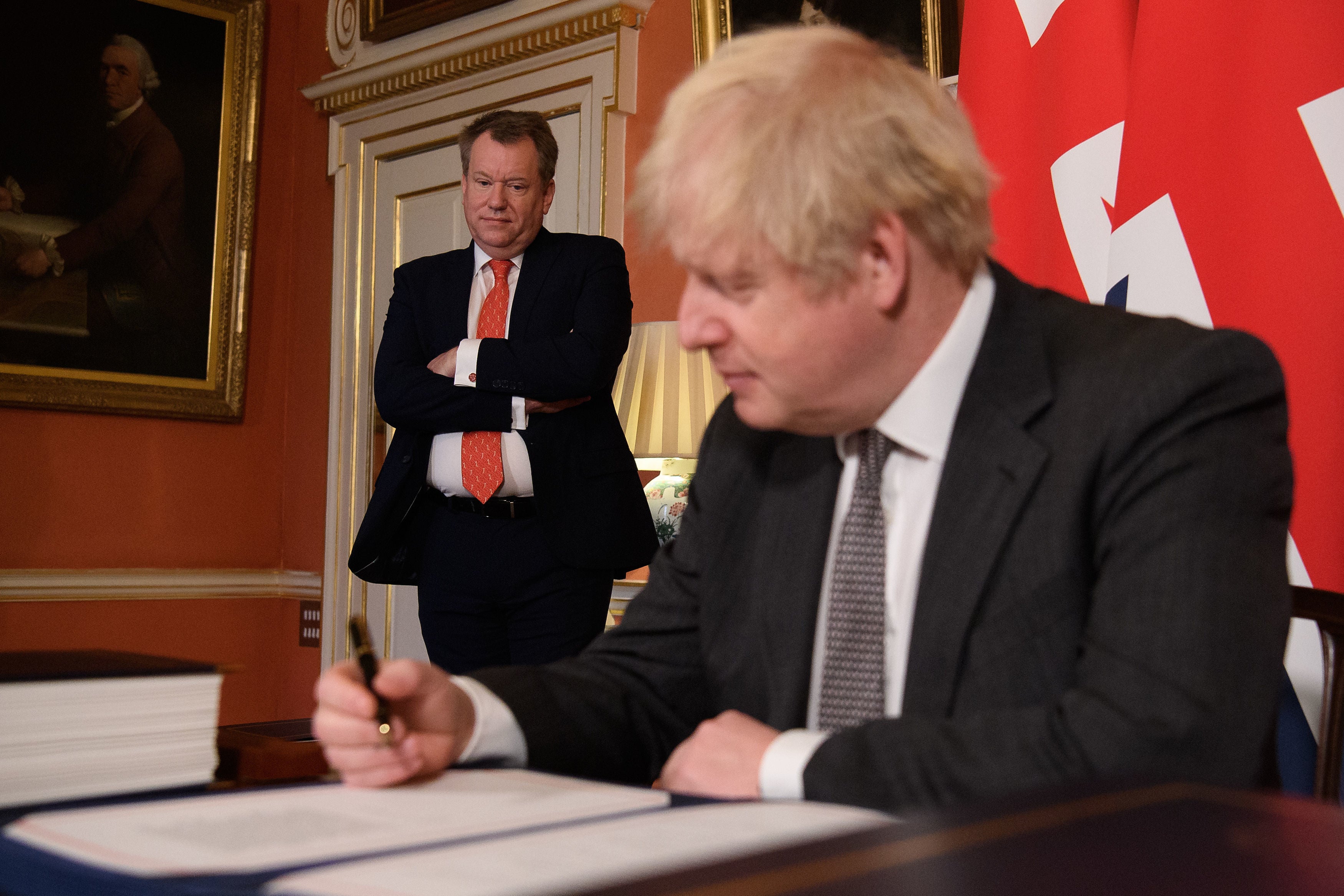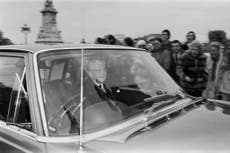Brexit trade deal ‘very unstable’ and can easily be brought crashing down, legal expert warns MPs
Shaky foundations a big problem for companies mulling investment in UK, inquiry told - despite PM’s boast of ‘a resolution’ of Europe issue

Your support helps us to tell the story
From reproductive rights to climate change to Big Tech, The Independent is on the ground when the story is developing. Whether it's investigating the financials of Elon Musk's pro-Trump PAC or producing our latest documentary, 'The A Word', which shines a light on the American women fighting for reproductive rights, we know how important it is to parse out the facts from the messaging.
At such a critical moment in US history, we need reporters on the ground. Your donation allows us to keep sending journalists to speak to both sides of the story.
The Independent is trusted by Americans across the entire political spectrum. And unlike many other quality news outlets, we choose not to lock Americans out of our reporting and analysis with paywalls. We believe quality journalism should be available to everyone, paid for by those who can afford it.
Your support makes all the difference.The Brexit trade deal is “very unstable” and could easily be brought crashing down, a legal expert has warned.
The shaky foundations of the agreement – which can be terminated for numerous reasons – is a huge problem for companies deciding whether to invest in the UK, Professor Catherine Barnard said.
“If you are a car manufacturer and you’re thinking of investing in a new plant – a serious multi million, perhaps billion, pounds worth of investment – you don't know whether tariffs are going to be imposed,” she told MPs.
That could be “because the deal is brought to an end” or “because there could be cross-retaliation” if the UK decided to set its own competition rules.
“This deal is actually very unstable,” the professor of European law at the University of Cambridge told a parliamentary inquiry.
“I think this is actually a much more fundamental concern about this deal than anything else.”
The warning comes after Boris Johnson claimed the Christmas Eve agreement settled the Europe controversy for good – and that it provided badly-needed certainty for carmakers.
Professor Barnard also urged MPs to be on their guard for key decisions – made behind closed doors in Brussels – in the new ‘Partnership Council’ that will fill in the huge gaps.
They include unanswered questions about future fishing rights, access for financial services, checks on food goods, recognition of professional qualifications and climate emergency commitments, and much more.
She told the Commons Brexit committee that some working groups could also be granted delegated powers to decide what the UK is signing up to.
“There is a whole swathe of new governance, to use the jargon which you, as parliamentarians, might want to look at how you are going to scrutinise,” Professor Barnard said.
The mechanism is similar to the joint committee to settle details on the Northern Ireland Protocol, which, for example, later agreed that EU officials would carry out checks at Irish Sea ports.
On terminating the deal, Professor Barnard said that could be done for “dramatic” reasons – including breaches of agreements on human rights, climate change and even weapons of mass destruction.
Less eye-catching, but crucial in winning the backing of hard Brexit-backing Tories, was the ability to pull the plug after just one year, with a full review after five years.
Sam Lowe, of the Centre for European Reform, warned of a difficult task ahead for the UK to achieve its aims, now it was “a third country”.
“It's not very nice negotiating with the EU from the outside, even if you're nearby – just look at Switzerland, just look at Turkey's experience.
“It's going to be rough for the UK in terms of its relationship with the EU, although I do agree with Catherine that it will evolve over time as it should.”





Join our commenting forum
Join thought-provoking conversations, follow other Independent readers and see their replies
Comments